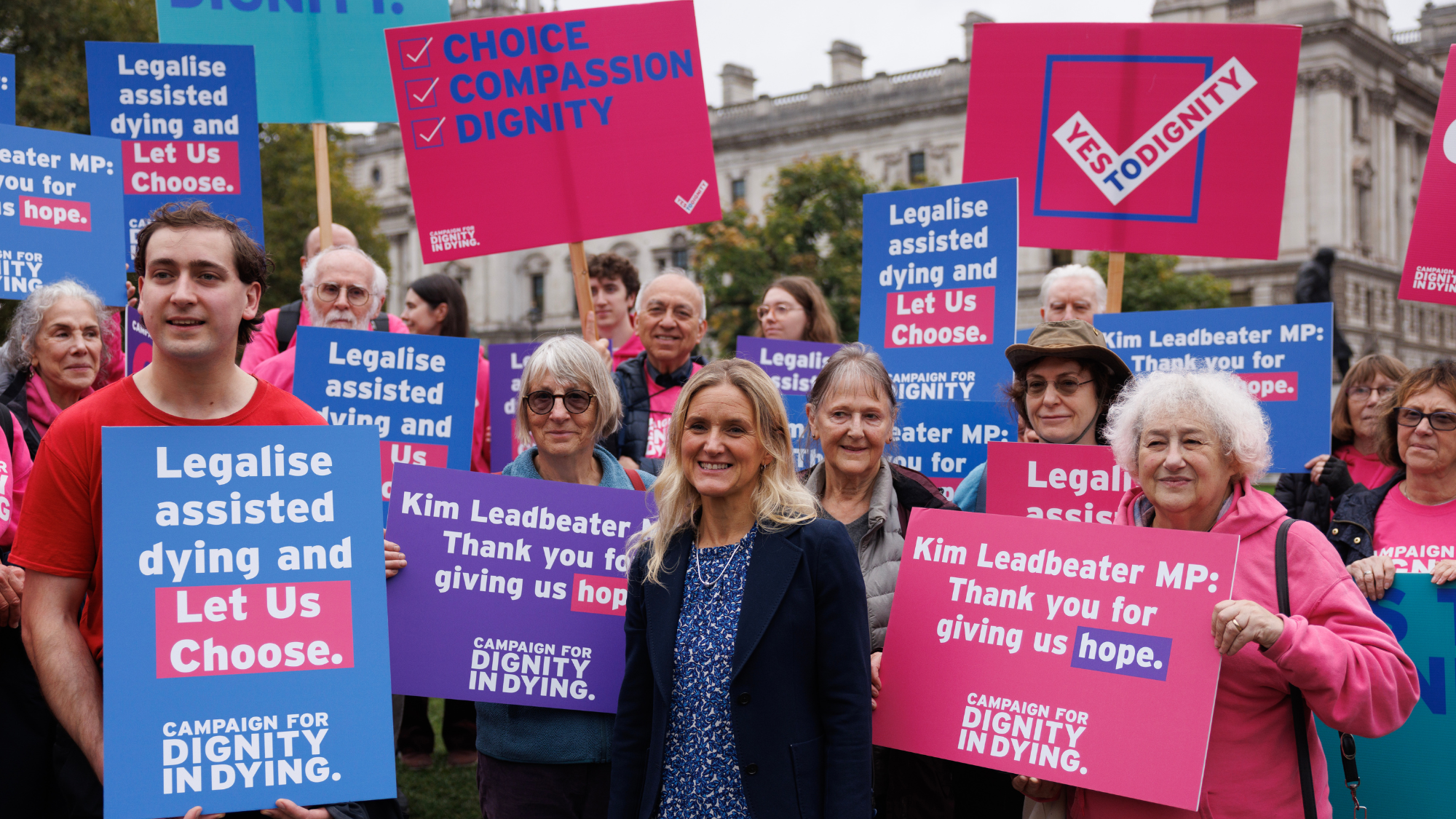The Pandora Papers: will the war on tax dodgers ever end?
Leaks are clearly discouraging tax avoiders, but more needs to be done to fight financial crime

A free daily email with the biggest news stories of the day – and the best features from TheWeek.com
You are now subscribed
Your newsletter sign-up was successful
There was a “depressing familiarity” about the Pandora Papers, said Brooke Harrington in The New York Times. The contents of almost 12 million leaked financial records, published by an international consortium of journalists last week, exposed “legalised corruption” in the offshore finance industry “on an almost unimaginably vast scale”.
But so, too, did the Panama Papers and the Paradise Papers before them – leading to a sense that nothing ever changes. Actually, though, things are changing. It is clear that these leaks are discouraging elites from using offshore financial services. There may be no real chance of being prosecuted, but the risk of reputational damage is large: just ask Andrej Babiš, the Czech PM whose party lost a general election last week, days after the papers revealed that he had used offshore shell companies to secretly buy property on the French Riviera.
Tax avoidance, personal or corporate, is “increasingly regarded as immoral and unpatriotic”. And thanks to modern technology, whistleblowing is safer and easier than ever: five years after the Panama Papers, no one knows who was responsible. The leaks are going to keep coming.
The Week
Escape your echo chamber. Get the facts behind the news, plus analysis from multiple perspectives.

Sign up for The Week's Free Newsletters
From our morning news briefing to a weekly Good News Newsletter, get the best of The Week delivered directly to your inbox.
From our morning news briefing to a weekly Good News Newsletter, get the best of The Week delivered directly to your inbox.
Days after the Pandora Papers were released, the Irish government finally abandoned its 12.5% corporate tax rate, said The Irish Times – “a once-untouchable totem of Irish economic policy”. There was a “certain symmetry to the timing”. Just as people are sick of the rich hiding their wealth from the authorities, so public tolerance of vastly wealthy firms using “lopsided national tax regimes” to avoid paying tax where they do business “has never been lower”.
Owing to this new intolerance, 136 nations, including the entire G20, have agreed to the Organisation for Economic Co-operation and Development’s global tax reform plan, said Richard Partington in The Guardian. Backed enthusiastically by the UK and, crucially, President Biden, this aims to set a minimum world corporate tax rate of 15%.
Still, the UK remains a major player in the world of offshore finance, said Matthew Shillito on The Conversation. And it must do much more to reform the sector. In 2016, after the Panama Papers, David Cameron pushed for a beneficial ownership register that would force UK companies to reveal the people who ultimately benefit from its assets. “Five years later, we are no further forward.”
In 2018, a draft bill was published that would have forced “overseas entities” buying UK property to disclose their beneficiaries; but that too has stalled. The Government talks a good game about fighting financial crime – but ultimately, “lack of action speaks louder than words”.
A free daily email with the biggest news stories of the day – and the best features from TheWeek.com
-
 The Olympic timekeepers keeping the Games on track
The Olympic timekeepers keeping the Games on trackUnder the Radar Swiss watchmaking giant Omega has been at the finish line of every Olympic Games for nearly 100 years
-
 Will increasing tensions with Iran boil over into war?
Will increasing tensions with Iran boil over into war?Today’s Big Question President Donald Trump has recently been threatening the country
-
 Corruption: The spy sheikh and the president
Corruption: The spy sheikh and the presidentFeature Trump is at the center of another scandal
-
 President Trump: ‘waging war’ on Chicago
President Trump: ‘waging war’ on ChicagoTalking Point Federal agents are carrying out ‘increasingly aggressive’ immigration raids – but have sanctuary cities like Chicago brought it on themselves?
-
 Should Britain withdraw from the European Convention on Human Rights?
Should Britain withdraw from the European Convention on Human Rights?Talking Point With calls now coming from Labour grandees as well as Nigel Farage and the Tories, departure from the ECHR 'is starting to feel inevitable'
-
 Palestine Action: protesters or terrorists?
Palestine Action: protesters or terrorists?Talking Point Damaging RAF equipment at Brize Norton blurs line between activism and sabotage, but proscription is a drastic step
-
 School disputes: a police matter?
School disputes: a police matter?Talking Point Cowley Hill lodged a police complaint against parents who criticised its recruiting process for a new head
-
 The UK 'spy cops' scandal, explained
The UK 'spy cops' scandal, explainedThe Explainer Undercover police targeting activist groups conducted intrusive surveillance, with some even embarking on relationships under assumed identities
-
 Captain Tom: a tarnished legacy
Captain Tom: a tarnished legacyTalking Point Misuse of foundation funds threatens to make the Moore family a disgrace
-
 Assisted dying: what can we learn from other countries?
Assisted dying: what can we learn from other countries?The Explainer A look at the world's right to die laws as MPs debate Kim Leadbeater's proposed bill
-
 Smoking ban: the return of the nanny state?
Smoking ban: the return of the nanny state?Talking Point Starmer's plan to revive Sunak-era war on tobacco has struck an unsettling chord even with some non-smokers